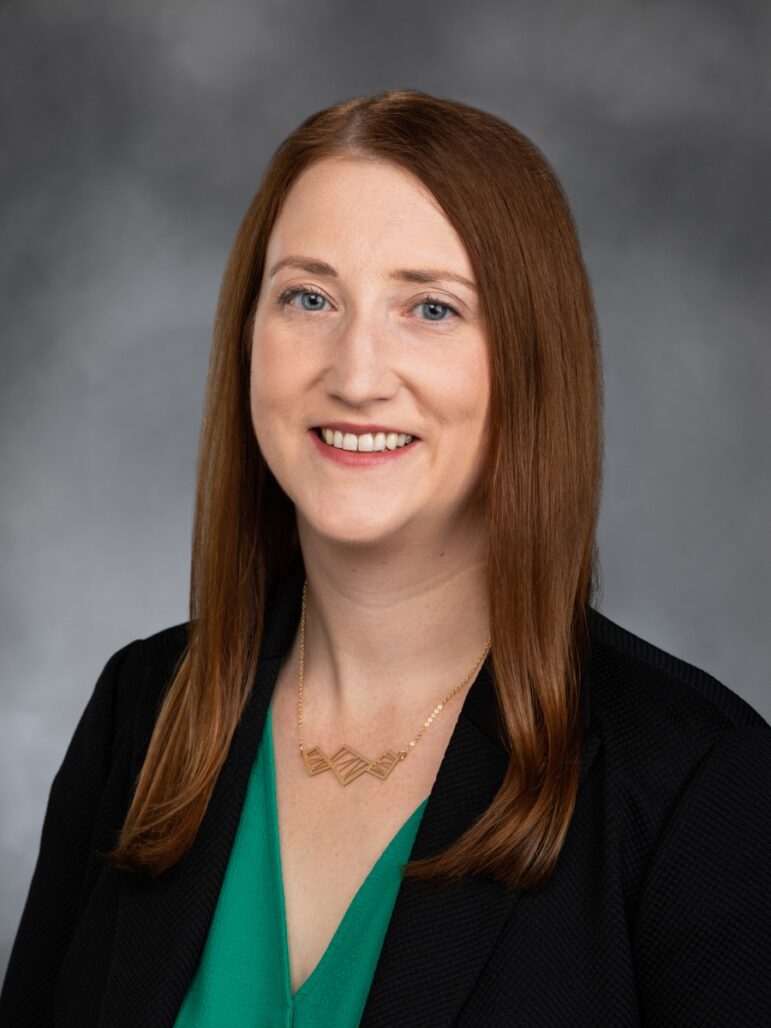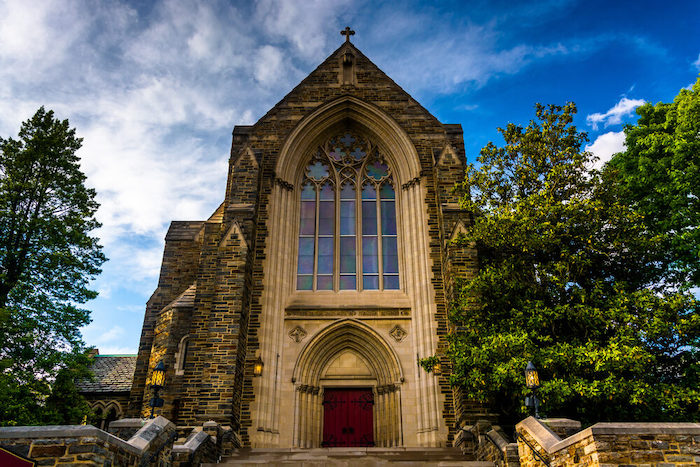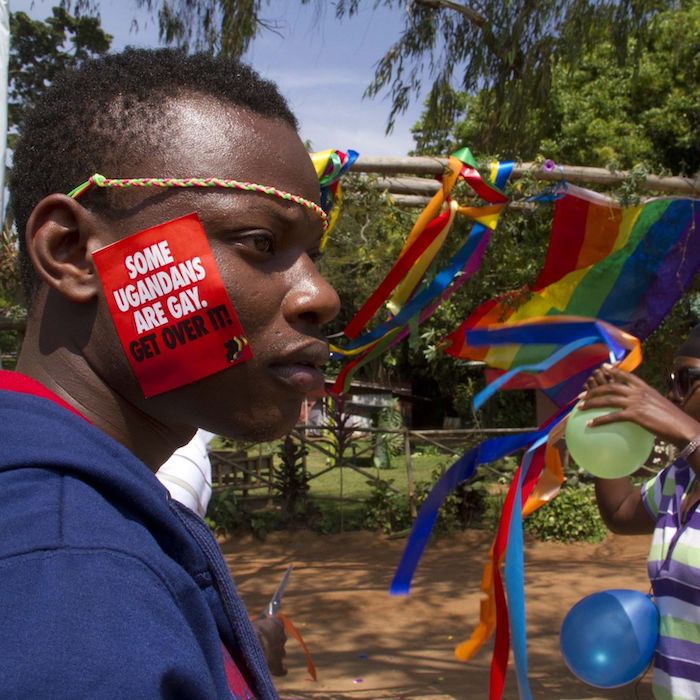
By Wilson Criscione
Washington’s mandatory reporter law is one of the weakest when it comes to clergy
Just before Washington’s legislative session ended, in a last-ditch attempt to push through her bill mandating clergy to report child abuse, state Sen. Noel Frame proposed a compromise.
The bill, which would have added clergy to the state’s list of mandatory reporters of child abuse or neglect, ran into a sticking point. Catholic lobbyists — and a majority of state Senators — wanted to carve out an exemption for priests if they learned of abuse or neglect through a confession, which is viewed as sacred within the Catholic Church.
Frame’s compromise was essentially this: Clergy would have a duty to warn law enforcement if they believed a child was at imminent risk of abuse, even if their belief was partly or fully informed by a confession. But they wouldn’t have to report the information they were told during the confession itself.
“We felt like this walked an appropriate line of not reporting what one heard in confession, but rather, reporting a belief of harm likely to happen,” Frame said.
Mario Villanueva, executive director of the state lobbying arm of the Catholic Church, the Washington State Catholic Conference, told Frame in an email on April 20 that the compromise was “something we could not accept.”
That effectively killed the bill for the 2023 legislative session, which ended late last month. And it marked one more unsuccessful attempt by Washington legislators in recent decades to add clergy to the mandatory reporter list. Washington is one of just seven states that does not currently list clergy as mandatory reporters, according to a federal agency that tracks the state laws.

Both the House and the Senate passed versions of the bill this session with bipartisan support. But the House wanted to go further and remove the loophole for confessions, fearing that clergy might exploit it by deeming any conversation a “confession” in order to avoid alerting authorities of abuse, as Jehovah’s Witnesses elders have done in other states.
Across the country, the Catholic Church, Jehovah’s Witnesses and the Mormon church have successfully blocked many other attempts to close confession loopholes, the Associated Press has reported. Earlier this month, the Arizona Supreme Court ruled that the Church of Jesus Christ of Latter-day Saints could refuse to turn over information on child sexual abuse if they learn of the crime during a confessional setting.
Washington, however, would not have been the first state to require clergy to report child abuse or neglect learned during a confession. Six other states, along with Guam, already do so.
During the debate of the bill this year, former Jehovah’s Witnesses who have since soured on the religion testified in support of removing the confession loophole, saying they had known Jehovah’s Witness elders to hide sexual abuse allegations. Elders with each congregation are instructed to report allegations to the religion’s headquarters. But they are told they have no obligation to report allegations to authorities unless it is required by state law.
In the House, the debate surrounding the bill was spirited and often heartfelt. There was bipartisan support for adding clergy to the mandatory list and closing the confessional loophole. In the Senate, Republicans opposed closing the loophole, and a handful of Democrats voted with them on April 17.
Frame expressed disappointment that the bill didn’t pass this session.
“It was a very tough outcome, and I must admit that my feelings are still a bit raw,” Frame said.
Still, she is hopeful that the bill can pass next year. The bill will be returned to the Senate Rules Committee when the 2024 legislative session begins, she said.
“Now that I know which of my colleagues have the strongest concerns about the details of closing the exemption, I’ll have a chance to talk with them over the interim and see if I can answer their questions and get us to a ‘yes,’” Frame told InvestigateWest. “I look forward to trying again next year.”
Complete Article ↪HERE↩!



